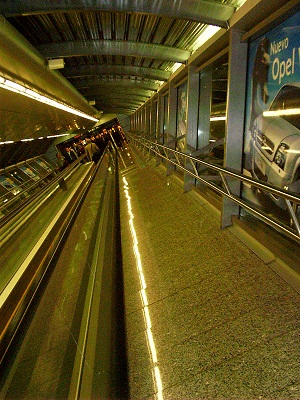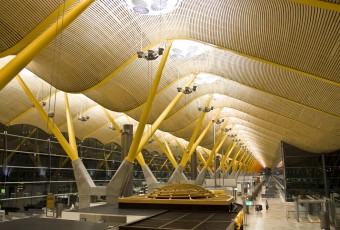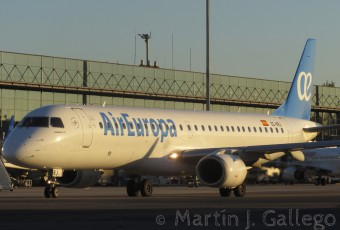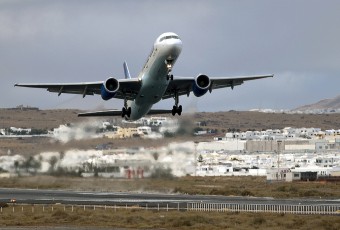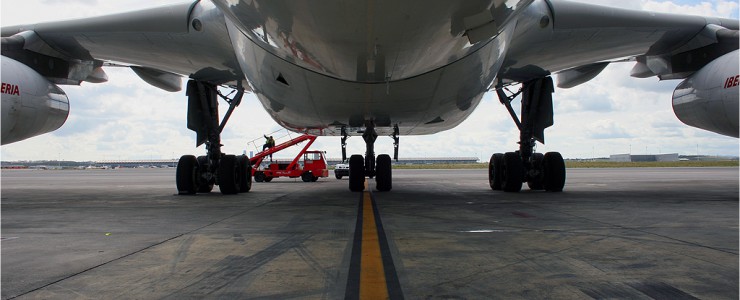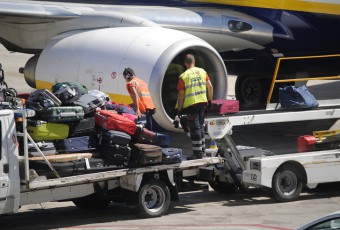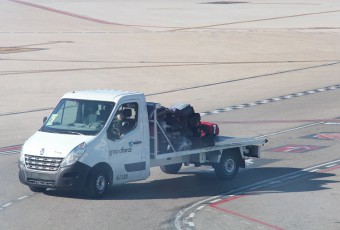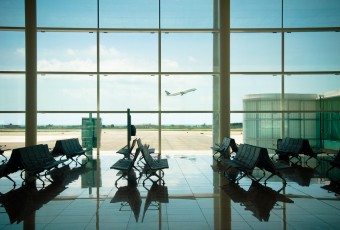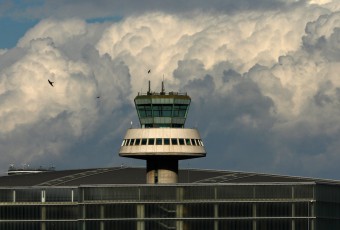According to the information published by vozpopuli, the spectacular tax increase of last year caused a 6.3 million passenger loss in the Spanish airports within 12 months of July 2012. The main drop took place in Madrid where the number of passengers had decreased by 14.3% between January and August as we explained last month.
For this reason, the Government is currently processing an amendment to the Budget with the subventions we anticipated on Monday.
Besides, focused on Madrid airport, ElPaís informed on Tuesday that a 62-page document has been drawn up by Aena with detail on the measures to avoid the airport keeps losing traffic. The main guidelines would be:
1. Supporting Iberia and Air Europa.
With incentives for Iberia to keep their hub with Latin America, where they transport 27.1% of the traffic from Europe, ahead of London, Paris, Frankfurt and Amsterdam.
For Air Europa, the document foresees new connections with other Spanish and European airports to improve their Latin America flight feeding.
Also, the announced subventions will be more beneficial for domestic flights since they will be applied not only to departures, but to arrivals as well.
2. Attracting low cost flights with Norwegian.
To serve those routes which were abandoned with “complementary or alternative” airlines, the Ministry of Fomento, Ana Pastor, said they were about to reach an agreement with a low cost airline which establishes a base in Madrid. Even though she did not say what airline that was, the document mentions one in particular: Norwegian. You might have already figured it out from the information in this blog.
It is essential to increase frequencies with destinations which are already served like Barcelona, London, Paris, Majorca and Rome.
3. Opening new routes with Asia.
The target is to extend the main tourism outbound markets that do not have connections with Madrid yet.
In total Aena encourage airlines to open 67 new routes to 44 different countries. Amongst these routes Shanghai, Tokyo, Delhi or Hong Kong
Although the Aena’s report blames the passenger loss mainly on the financial crisis, it also accepts this has been a consequence of a decline in demand and the tax increases.
The Aena’s plan to regain traffic includes Norwegian
